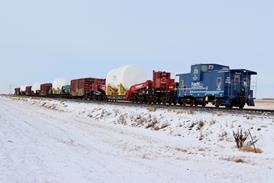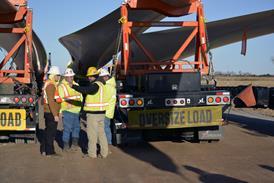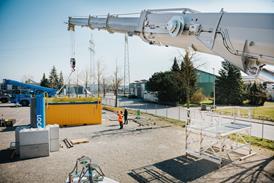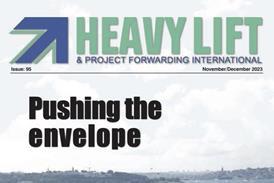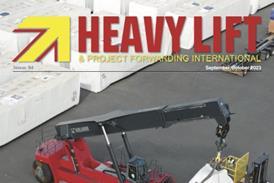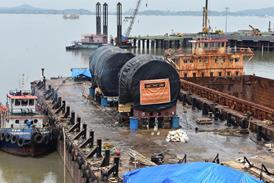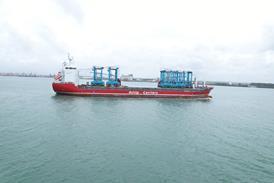At the inaugural Project Cargo Summit, held at Rotterdam’s Onderzeebootloods this week, questions were raised about the future role of freight forwarders in the project cargo supply chain, as shippers start to bring their transport activities in-house.

The two-day event kicked off with a welcome from Emile Hoogsteden, director containers, breakbulk and logistics at the Port of Rotterdam Authority, and attendees had the choice of workshops focusing on Incoterms, avoiding the legal pitfalls in project cargo, or a discussion about the supply chain, led by Jurgen Huygh, head of outbound logistics and business control at transformer manufacturer, CG Power Systems Belgium.
According to Huygh clients are no longer buying just a transformer but are purchasing a total solution, and the transport of the product is increasingly becoming the most critical part of this solution.
“These customers trust that we, as shippers, know how our products can be best transported,” said Huygh, explaining that CG Power Systems is therefore opting to handle the transport of its transformers in-house.
“This doesn’t mean that we do not use forwarders at all. We use forwarders for very complex cases, or if we have to ship to countries where we don’t have the knowledge. In Western Europe, we have the knowledge, but for other locations, Malawi for example, I would not handle this transport myself as I do not have the knowledge and will not take the risk.
“In these cases would I use a general forwarder? Absolutely not. I would select a specialised forwarder with local contacts in those countries.”
Insourcing was not, however, the favoured solution by other shippers speaking at the event, including Harry van den Heuvel from Wärtsilä Marine Solutions and Bénédicte Crosnier from rail transport company Alstom.
Although, Wärtsilä’s van den Heuvel added that the role of project forwarders would evolve, and stressed that companies will need to differentiate themselves in order to survive.

